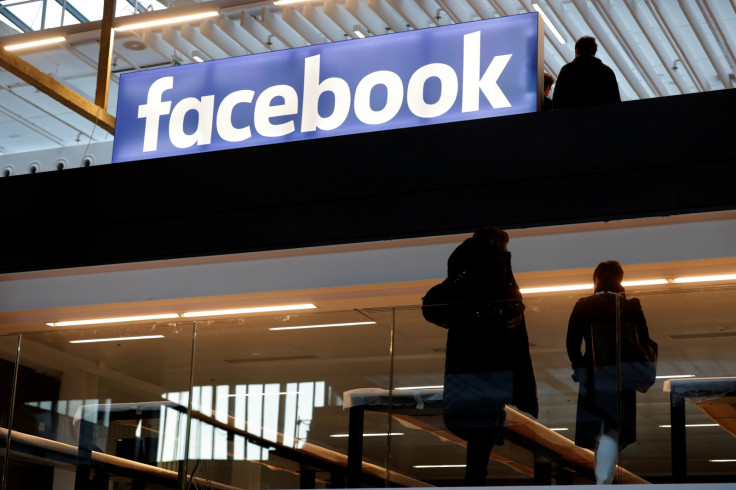Is Facebook secretly listening to your private conversations?
Fresh claims of 'always on' snooping have been denied by the social network.

For years, speculation has swirled as users of Facebook have reported strange and eerie accounts of the social network serving up advertisements following real-world conversations.
Is it simply a coincidence that, as this 2016 YouTube video suggested, the social network's mobile application has appeared to 'listen' for keywords spoken out loud and later use them to serve up links to related products? It's a myth, according to one company executive.
Rob Goldman, vice president of ads at Facebook, recently tweeted in response to a podcaster called PJ Vogt: "We don't - and have never - used your microphone for ads. Just not true."
Goldman said the same goes for advertising on Instagram, the Facebook-owned chat application now used by more than one billion people every day.
Online, commenters remained sceptical.
"Facebook denied it [...] but there's hundreds of people saying otherwise," wrote one Reddit user on a massive thread which blew up Sunday (29 October).
Goldman's tweet reignited the debate over targeted advertising on the social network which, in the past, has fuelled both conspiracy and scientific study.
Kelli Burns, a professor at the University of South Florida, last year used a Facebook microphone feature available to US users to test whether discussion translated into ads.
It seemingly did. In one experiment, Burns read "I'm really interested in going on an African safari" directly into the smartphone. Within minutes, safari trip and Jeep ads had popped up.
Facebook has toyed with opt-in audio-recognition in the past, mostly focused on TV show and music identification techniques. In 2014, Facebook product manager Aryeh Selekman said that advertising based on audio was "something we've thought about" but noted it wasn't in place.
Still, conspiracy theories bloomed as user trust in huge Silicon Valley companies plummeted in the wake of the Edward Snowden revelations over online surveillance and data collection.
More recently, a Google researcher showed how Apple iOS applications can, if granted the correct permissions, turn on a smartphone's camera and take snaps or covertly record video.
But the stance from Facebook has been clear – it cannot target ads based on audio.
In an official statement, it has said: "Facebook does not use your phone's microphone to inform ads or to change what you see in News Feed.
"Some recent articles have suggested that we must be listening to people's conversations in order to show them relevant ads. This is not true. We show ads based on people's interests and other profile information – not what you're talking out loud about.
"We only access your microphone if you have given our app permission and if you are actively using a specific feature that requires audio.
"This might include recording a video or using an optional feature we introduced two years ago to include music or other audio in your status updates."
I run ads product at Facebook. We don't - and have never - used your microphone for ads. Just not true.
— Rob Goldman (@robjective) October 26, 2017
The rise of the internet-of-things (IoT) and smart devices, such as the Google Home and Amazon Echo, has led to heightened concern in recent years over "always on" audio snooping.
In August 2017, security researchers demonstrated how home speaker devices, including the Echo, could be hacked and tampered with to covertly listen in on everything you say.
There were caveats, of course, but it yet again demonstrated that as technology becomes more advanced, and creeps into people's everyday lives, individual privacy can be put at risk.






















